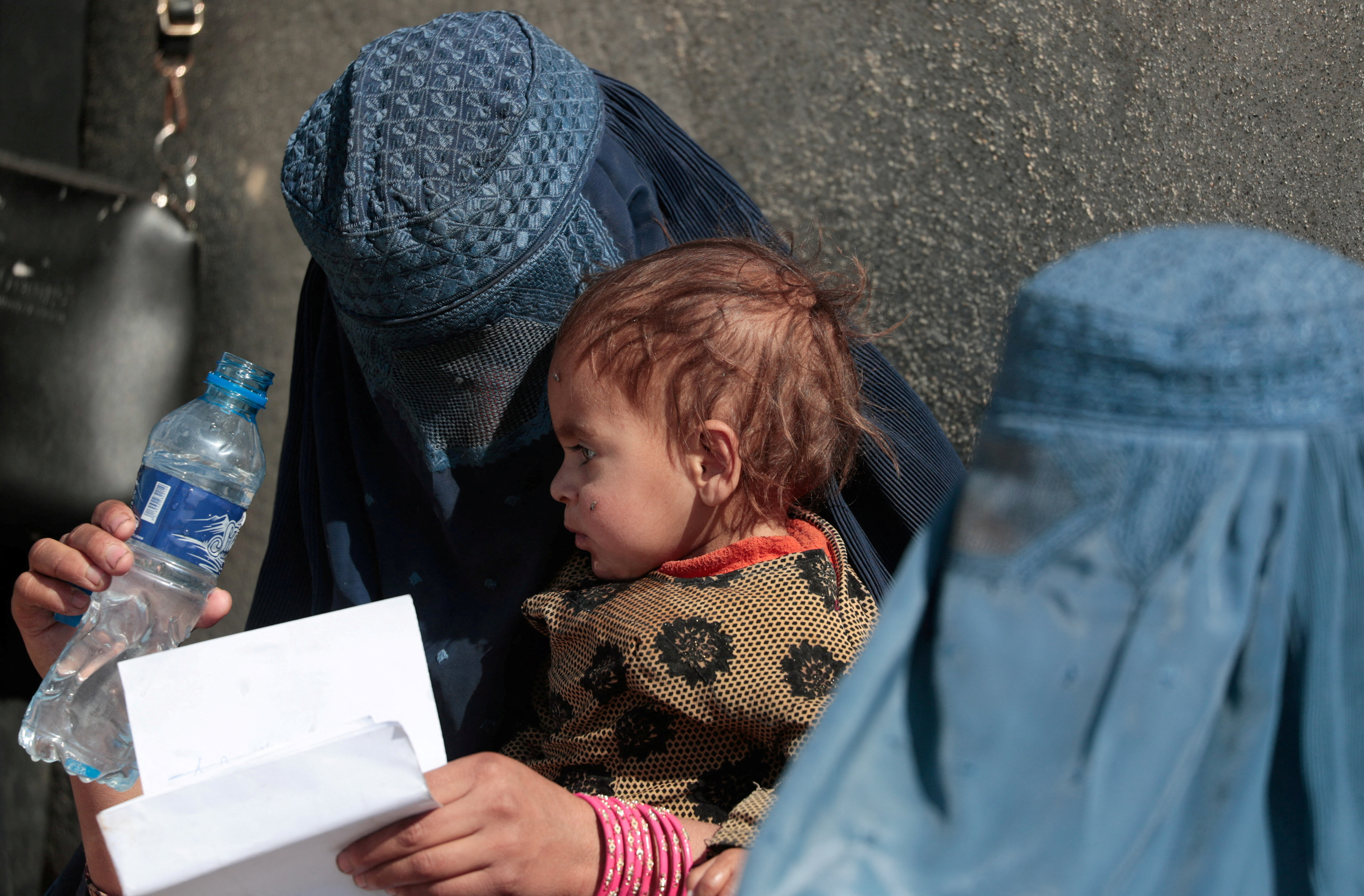
The UN deputy secretary-general met Afghanistan’s acting foreign minister on Wednesday to discuss women’s education and work after Taliban authorities ordered most female NGO workers to stop work and barred women from attending universities.
Amina Mohammed was in Kabul as part of a series of meetings that had included stops in Turkey, Qatar and Pakistan to discuss the situation in Afghanistan with diplomats, Afghan diaspora and the Organization of the Islamic Conference (OIC).
“Clear consensus was evident on the issue of women and girls’ rights to work and have access to education,” said a statement from the United Nations, referring to meetings in the lead-up to the Kabul visit.
In Kabul, she met acting foreign minister Amir Khan Muttaqi, according to a foreign affairs ministry spokesperson.
Muttaqi said a lack of formal recognition, travel restrictions on Taliban leaders, and banking sanctions were causing problems and that the international community should address them, according to a foreign ministry statement. He added that women were able to work in health and education.
The Taliban administration last month ordered local and foreign aid organisations to stop letting female staff work until further notice. It said the move, condemned globally, was justified because some women had not adhered to the Taliban’s interpretation of Islamic dress code. It came days after authorities ordered universities not to allow female students.
Many NGOs, some of whom carry out humanitarian work under contracts with the UN, stopped operations in the wake of the ban. Some said this week they had re-started work in areas such as health in which authorities had assured them female workers could operate.

